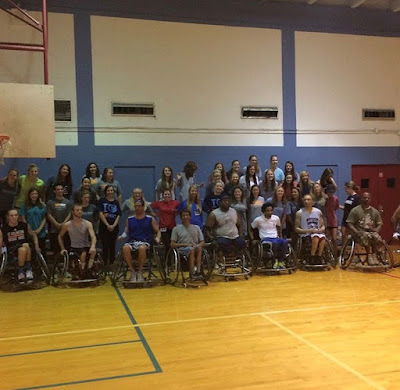Mock Interview Reflection
I believe that this assignment is an extremely beneficial and critical part of our curriculum, especially at this point in OT school. By preparing answers to common interview questions, I was given the opportunity to really reflect on the things I have learned about myself and the profession. It also allowed me to explore the areas that I have challenged myself and grown in during my time so far in OT school. I am able to process and reflect best when I write things down or journal, so I utilized this method primarily to prepare for the mock interview. Through my own personal reflection and through exploring resources that were posted for us to look at, I learned the importance of having goals and looking prospectively. Employers really do want to see that you are not desiring to remain stagnant as an OT practitioner. They commonly will ask about your professional goals for the next year or five years, or how you plan on continuing to be a life-long learner even aft...
